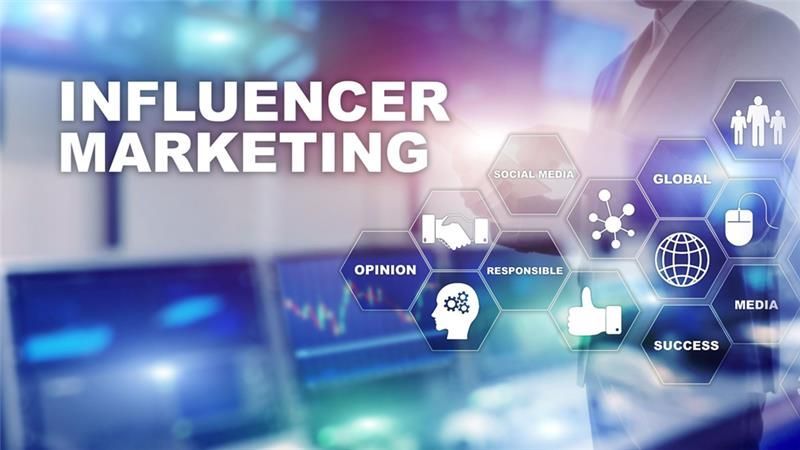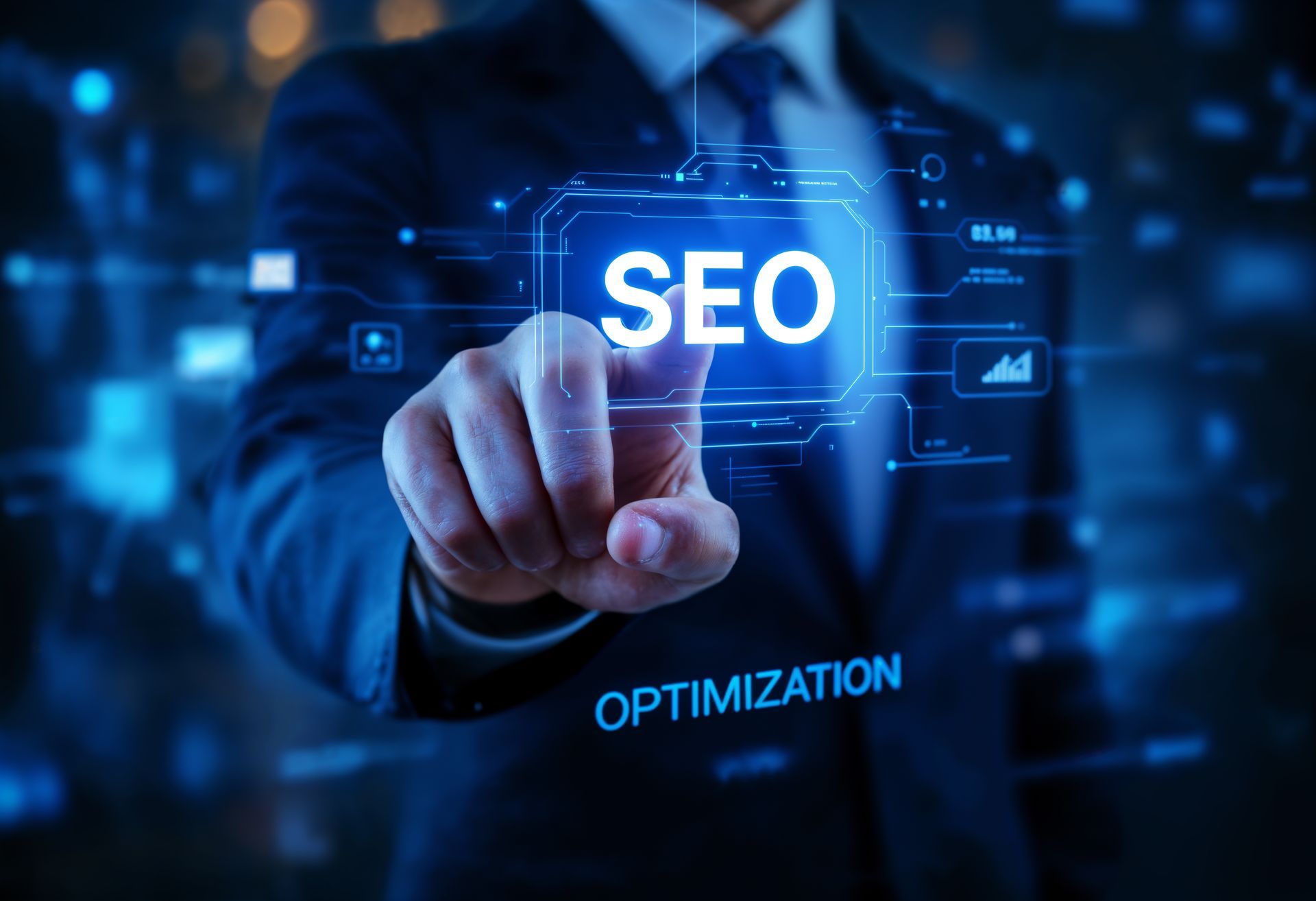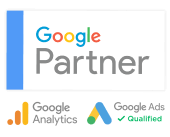AI Marketing Strategies for 2024
As we enter 2024, AI is revolutionizing marketing with personalized customer experiences, predictive analytics, and advanced automation. Marketers will use AI to tailor content, anticipate trends, and manage complex tasks with minimal human intervention. This enhances customer engagement, optimizes campaigns, and increases efficiency. The future of marketing is here, driven by AI advancements.
Introduction to AI in Marketing: The Dawn of a New Era
The Role of AI in Personalizing Customer Experiences
Artificial Intelligence is transforming how marketers understand and engage with customers. By analyzing vast amounts of data, AI can uncover unique consumer preferences and behaviors, enabling highly personalized marketing strategies. This level of customization not only elevates the customer experience but also fosters brand loyalty and enhances customer satisfaction.
Predictive Analytics and Trend Anticipation
One of the most impactful applications of AI in marketing is predictive analytics. By leveraging machine learning algorithms and historical data, AI can forecast future consumer behaviors and market trends. This allows marketers to proactively adjust their strategies, ensuring they stay ahead of the curve and meet consumer demands more effectively.
Automation and Efficiency
AI-powered automation is reshaping the landscape of marketing operations. From managing social media campaigns to automating email marketing, AI minimizes the need for human intervention in repetitive tasks. This results in increased efficiency, allowing marketing teams to focus on more strategic initiatives and creative endeavors.
Enhancing Customer Engagement
With AI, brands can engage with customers in more meaningful and dynamic ways. Chatbots, for instance, provide instant customer support and personalized recommendations, enhancing the overall customer journey. Additionally, AI-driven insights help marketers identify the most effective communication channels and times to reach their audience, optimizing engagement rates.
The Future of AI in Marketing
As AI technology continues to evolve, its role in marketing will only expand. Innovations such as natural language processing and advanced data analytics promise to unlock new possibilities for customer interaction and campaign management. The
future of marketing lies in harnessing the power of AI to create more intelligent, responsive, and impactful marketing strategies.
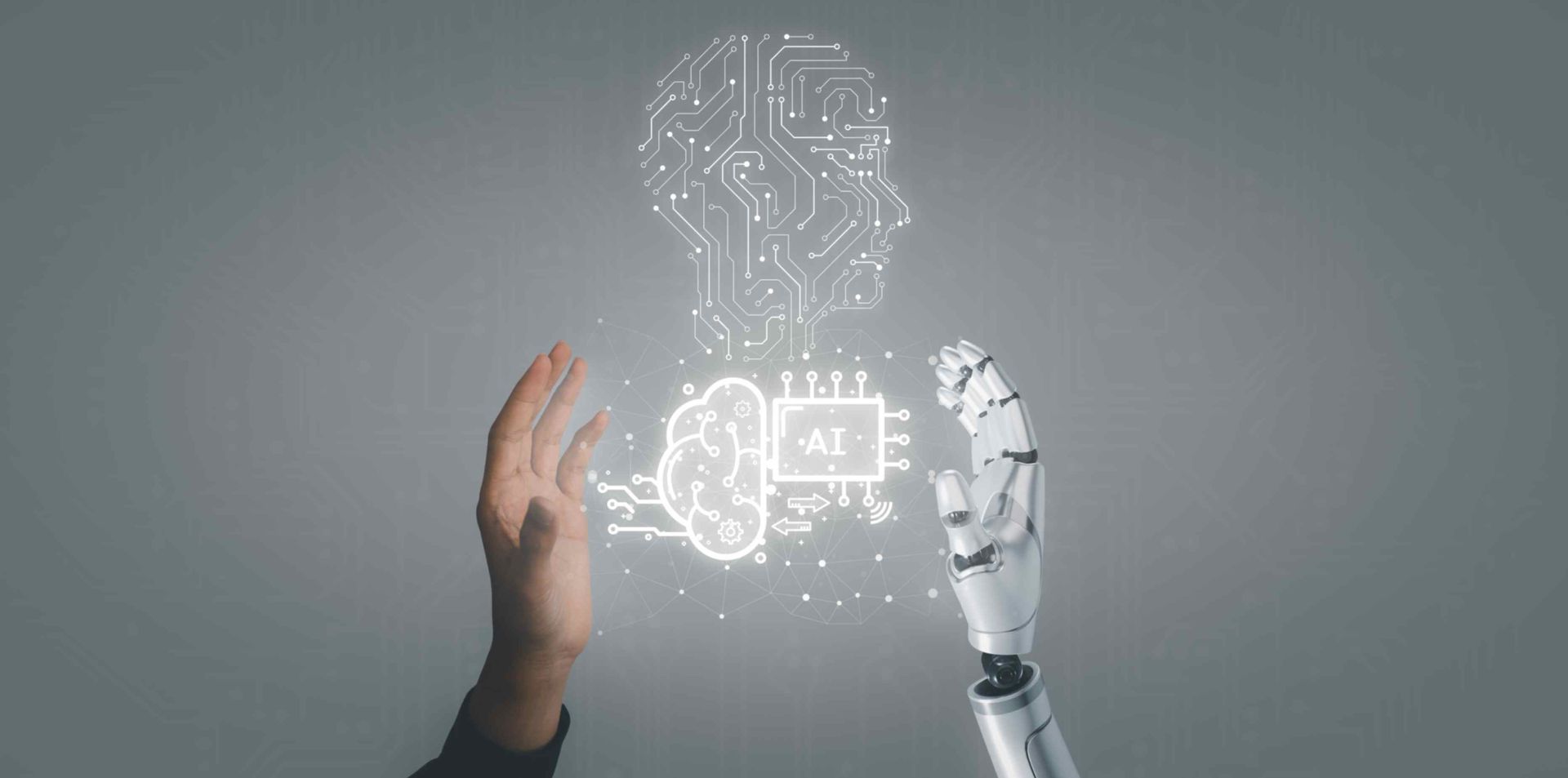
Personalization at Scale: How AI Tailors Customer Experiences
Data Collection and Analysis
At the core of AI-driven personalization is the ability to collect and analyze vast amounts of consumer data. AI algorithms sift through customer interactions, social media activity, purchasing behaviors, and more to gather insights. This data is then processed to create detailed customer profiles, enabling highly personalized marketing efforts.
Segmentation and Targeting
AI efficiently segments customers into precise groups based on their preferences and behaviors. By identifying patterns and trends within these segments, marketers can tailor their messaging and offers to resonate with specific audiences. This approach ensures that each customer receives relevant content that aligns with their interests and needs.
Dynamic Content Personalization
AI enables the creation of dynamic content that changes in real-time based on user interactions. For instance, personalized email campaigns can adjust their content to include product recommendations or special offers that are most likely to appeal to the recipient. Websites and apps can also present customized content, enhancing the user experience and increasing engagement.
Enhanced Customer Journeys
With AI, marketers can map out individual customer journeys with greater accuracy. Predictive analytics helps anticipate the next steps a customer might take, allowing for timely and contextually relevant engagement. This foresight enables brands to guide customers through a seamless journey, improving satisfaction and loyalty.
Real-Time Personalization
One of the most significant advantages of AI in personalization is the ability to deliver real-time experiences. AI-powered systems can instantly adapt to user behavior, providing immediate recommendations, offers, or content that drives engagement. This level of responsiveness keeps customers engaged and makes them feel valued.
Measuring and Optimizing Personalization Efforts
AI doesn't just personalize experiences; it also measures their effectiveness. By analyzing the results of personalized campaigns, AI offers insights into what works and what doesn't. This continuous feedback loop allows marketers to refine their strategies, ensuring sustained relevance and impact.
Personalization at scale through AI is transforming the marketing landscape. By leveraging data and advanced algorithms, brands can deliver tailored experiences that resonate with customers on an individual level. As AI technology continues to evolve, its capacity to enhance personalization will only grow, paving the way for more sophisticated and effective marketing strategies.
Predictive Analytics: Anticipating Trends and Customer Needs
Understanding Predictive Analytics
Predictive analytics involves using historical data, statistical algorithms, and machine learning techniques to identify the likelihood of future outcomes based on data. This powerful tool allows marketers to anticipate trends and customer needs, enabling preemptive strategy adjustments that keep brands ahead of the competition.
The Importance of Data
Central to predictive analytics is the volume and quality of the data collected. Data from various sources, such as customer purchase history, web behavior, and social media interactions, is aggregated and analyzed. The richer the dataset, the more accurate and actionable the predictions.
Machine Learning Models
Machine learning algorithms are at the heart of predictive analytics, making sense of vast datasets to forecast future trends. These models are trained to recognize patterns and correlations that may not be apparent to human analysts. For instance, they can predict when a customer is likely to make a purchase or what products will be in high demand during certain seasons.
Anticipating Market Trends
Predictive analytics helps marketers identify emerging trends, allowing them to capitalize on these insights before their competitors do. For example, if the data suggests an upcoming surge in demand for eco-friendly products, marketers can adjust their inventory and promotional strategies accordingly.
Forecasting Customer Behavior
Understanding and anticipating customer behavior is a critical benefit of predictive analytics. By analyzing past behaviors, the algorithms can predict future actions such as purchase intent, customer churn, and loyalty. This foresight allows marketers to tailor their efforts to retain customers, optimize the timing of communications, and enhance customer experiences.
Enhancing Campaign Effectiveness
Predictive analytics also plays a vital role in refining marketing campaigns. By forecasting which customer segments are more likely to respond to specific campaigns, marketers can allocate resources more efficiently, increasing the overall impact of their marketing efforts.
Real-Time Decision Making
One of the game-changing aspects of predictive analytics is its ability to inform real-time decision-making. With instant access to predictive insights, marketers can make swift adjustments to their strategies, ensuring they remain relevant and effective in a rapidly changing market environment.
Improving ROI
Ultimately, predictive analytics helps improve return on investment (ROI) for marketing campaigns. By targeting the right customers with the right message at the right time, marketers can achieve better conversion rates, higher customer satisfaction, and increased loyalty, all contributing to a stronger bottom line.
Predictive analytics is revolutionizing how marketers anticipate trends and customer needs. By leveraging advanced data analysis and machine learning, brands can stay ahead of the curve, creating proactive strategies that resonate with consumers and foster long-term success.

Advanced Automation: Streamlining Marketing Tasks with AI
Automating Repetitive Tasks
One of the primary benefits of advanced automation in marketing is the ability to automate repetitive tasks. Tasks such as email marketing, social media posting, and customer segmentation can be efficiently managed by AI-powered tools. By automating these routine activities, marketers can free up valuable time and resources, allowing them to focus on more strategic initiatives.
Improving Customer Interaction
AI automation enhances customer interaction by providing instant responses to inquiries through chatbots and virtual assistants. These AI-driven tools can handle a wide range of customer service tasks, from answering frequently asked questions to processing orders. This not only improves customer satisfaction by providing instant support but also reduces the workload on human agents.
Personalized Marketing Campaigns
Through advanced automation, AI can dynamically generate personalized marketing campaigns tailored to individual preferences and behaviors. By analyzing user data, AI can create customized content that resonates with each customer, increasing the effectiveness of marketing efforts. This level of personalization leads to higher engagement rates and better conversion rates.
Optimization of Marketing Strategies
AI-driven automation tools can continuously monitor and analyze the performance of marketing campaigns. By providing real-time insights and feedback, these tools enable marketers to optimize their strategies on the fly. This continuous improvement cycle helps ensure that marketing efforts remain relevant and effective, adapting to changing market conditions and consumer preferences.
Data-Driven Decision Making
With advanced automation, AI can process and analyze vast amounts of data much faster than human capabilities. This ability to quickly glean insights from big data empowers marketers to make informed, data-driven decisions. Whether it's predicting market trends or understanding customer preferences, AI provides the analytical power needed to make strategic choices.
Enhanced ROI
By streamlining marketing tasks through advanced automation, businesses can achieve a higher return on investment (ROI). Automating processes such as lead scoring, customer segmentation, and lifecycle marketing campaigns ensures that resources are used efficiently, targeting the right audience at the right time with the right message.
Future of Marketing Automation
As AI technology continues to evolve, the possibilities for marketing automation are expanding. Future advancements may include more sophisticated AI that can anticipate customer needs before they arise, highly adaptive personalization, and even more intuitive analytics dashboards that offer deeper insights. The future promises an even greater reliance on AI to streamline marketing tasks, driving efficiency and effectiveness in unprecedented ways.
AI-Driven Content Creation: Crafting Engaging and Relevant Material
Harnessing AI for Content Generation
AI-driven content creation leverages machine learning algorithms to generate text, video, audio, and visual content tailored to the preferences and behaviors of target audiences. By analyzing vast datasets, AI can identify topics, formats, and styles that resonate best with consumers. This innovative approach not only saves time but also ensures the consistency and quality of the generated material.
Personalized Content Marketing
One of the most significant advantages of AI in content creation is its ability to deliver personalized content. AI tools can analyze user data to create highly targeted and personalized articles, blog posts, and social media updates. By catering to individual interests and preferences, brands can enhance engagement and build stronger relationships with their audiences.
SEO Optimization
AI-driven tools are also revolutionizing SEO (Search Engine Optimization). These tools can automatically optimize content by suggesting relevant keywords, meta tags, and even content structure based on current search trends. This capability ensures that the content ranks higher in search engine results, thereby driving more organic traffic to the website.
Dynamic Visual and Video Content
Beyond text, AI can also generate dynamic visual and video content. AI algorithms can auto-generate infographics, video scripts, and even entire videos, tailored to specific audience segments. By providing visually appealing content, brands can capture attention more effectively and convey their messages in a more engaging manner.
Real-Time Adaptation and Feedback
AI-powered content creation tools often provide real-time feedback and suggestions. As marketers draft content, AI can offer insights and adjustments to enhance readability, tone, and engagement. This continual feedback loop allows for rapid iteration and improvement, ensuring that content remains relevant and effective.
Enhancing Creativity and Efficiency
While AI excels at automating routine tasks and generating basic content, it also supports human creativity. By handling the more mundane aspects of content creation, AI frees up marketers and writers to focus on high-level concept development and creative strategy. This synergy between human ingenuity and AI-driven efficiency results in more innovative and impactful content.
Future Trends in AI Content Creation
Looking ahead, AI-driven content creation is set to become even more sophisticated. Emerging trends might include AI that can understand and emulate brand voice more precisely, generate hyper-personalized content in real-time, and offer deeper integration with other marketing technologies. These advancements will empower marketers to deliver even more engaging and relevant content in a rapidly evolving digital landscape.

Enhancing Customer Engagement through AI-Powered Interactions
Intelligent Chatbots and Virtual Assistants
One of the primary tools for enhancing customer engagement is the use of intelligent chatbots and virtual assistants. Leveraging natural language processing (NLP) and machine learning, these AI-powered tools can handle a wide range of customer queries in real-time. They offer instant support, answer frequently asked questions, and even assist in navigating a website or making purchases. By providing 24/7 assistance, chatbots and virtual assistants greatly improve customer satisfaction and streamline the user experience.
Personalized Customer Experiences
AI enables brands to deliver highly personalized experiences by analyzing customer data and predicting needs. Through machine learning algorithms, companies can understand individual customer preferences, purchasing behaviors, and interaction patterns. This information can then be used to tailor recommendations, special offers, and content to each customer, fostering a deeper connection and higher engagement rates.
Sentiment Analysis and Feedback
AI-powered sentiment analysis tools can gauge customer sentiments by analyzing their interactions on social media, reviews, and other platforms. By identifying positive, neutral, or negative sentiments, businesses can better understand how customers feel about their products or services. This insight allows for proactive engagement, addressing concerns or amplifying positive feedback, and continually refining customer service strategies.
Predictive Customer Support
Predictive analytics powered by AI can anticipate potential issues before they arise, enabling a preemptive approach to customer support. By analyzing historical data and identifying patterns, AI can predict when a customer might encounter a problem or need support. This allows businesses to reach out proactively, offering solutions before the customer even realizes there's an issue, thereby enhancing satisfaction and loyalty.
Omni-Channel Engagement
AI helps businesses maintain consistent and unified interactions across multiple communication channels—be it email, social media, chat, or phone. By integrating AI-driven tools, companies can ensure that customers receive a seamless experience, regardless of how they choose to engage. This omni-channel approach not only improves convenience but also strengthens brand loyalty by creating a cohesive and reliable customer journey.
Adaptive Learning and Improvement
AI systems continuously learn and improve from every interaction. This adaptive learning capability ensures that customer engagement strategies remain effective and relevant over time. By leveraging collected data and insights, AI can adjust responses, recommendations, and support tactics to better meet evolving customer expectations and preferences.
Future Prospects of AI in Customer Engagement
As AI technology advances, the potential for enhancing customer engagement grows exponentially. Future developments might include even more intuitive virtual assistants capable of handling complex conversations, enhanced sentiment analysis technologies, and deeper personalization capabilities. These innovations will enable businesses to forge stronger, more meaningful connections with their customers, setting new standards for engagement in the digital age.
Optimizing Marketing Campaigns with AI Insights
Data-Driven Decision Making
AI-driven analytics empower marketers to make data-driven decisions with greater confidence. By processing vast amounts of data from various sources such as social media, customer databases, and market trends, AI can identify patterns and insights that might be missed by human analysts. These insights enable marketers to refine their strategies, targeting the right audience with the right message at the right time.
Targeted Advertising
AI's ability to analyze and interpret data also enhances targeted advertising efforts. Through predictive analytics, AI can identify the most promising segments within a broader audience, ensuring that marketing budgets are spent more efficiently. By delivering personalized ads based on individual behaviors, preferences, and buying patterns, brands can boost conversion rates and ROI.
Campaign Performance Monitoring
Real-time campaign performance monitoring is another significant advantage of AI insights. AI tools can track and assess the performance of marketing campaigns in real-time, providing immediate feedback on what’s working and what isn’t. This allows marketers to make swift adjustments, optimizing their campaigns on-the-fly to maximize effectiveness and achieve better results.
Content Optimization
AI can also assist in optimizing content for marketing campaigns. By analyzing engagement metrics and customer feedback, AI tools can suggest adjustments to content to better resonate with the target audience. Whether it’s tweaking headlines for higher click-through rates or modifying visuals for better engagement, AI ensures that every piece of content is optimized for performance.
Competitive Analysis
Understanding the competitive landscape is crucial for any marketing strategy, and AI excels at competitive analysis. By continuously monitoring competitors’ activities and market movements, AI tools can provide insights into their strategies, strengths, and weaknesses. This information allows brands to stay ahead of the competition by adapting their strategies in response to market dynamics.
Budget Allocation Optimization
One of the more practical applications of AI in marketing campaign optimization is budget allocation. AI can analyze historical data and ongoing campaign performance to recommend the most effective allocation of resources. This ensures that every dollar spent contributes to the campaign's success, minimizing wastage and maximizing return on investment.
Predictive Marketing
AI’s predictive capabilities allow marketers to anticipate future trends and consumer behaviors. By leveraging machine learning algorithms, AI can project future demand, optimal posting times, and potential market shifts. This foresight enables marketers to proactively adjust their strategies, ensuring that they are always ahead of the curve.
Future Trends in AI for Marketing Campaigns
The future of AI in marketing campaigns looks promising, with emerging technologies set to revolutionize the field even further. Innovations such as deeper integration with augmented reality (AR), virtual reality (VR), and the Internet of Things (IoT) will provide new avenues for reaching and engaging customers. Additionally, advancements in AI algorithms will lead to even more precise targeting, hyper-personalization, and automated content creation capabilities, making marketing campaigns more effective and impactful than ever before.
Contact LevelUP Digital
Are you ready to elevate your marketing efforts to the next level?
Contact LevelUP Digital, your single-source digital marketing agency. We specialize in helping small to midsize businesses achieve their marketing goals and strategies by delivering creative and impactful marketing materials and programs. Get in touch with us today to find out how we can support your business growth and drive your success in the digital landscape.



